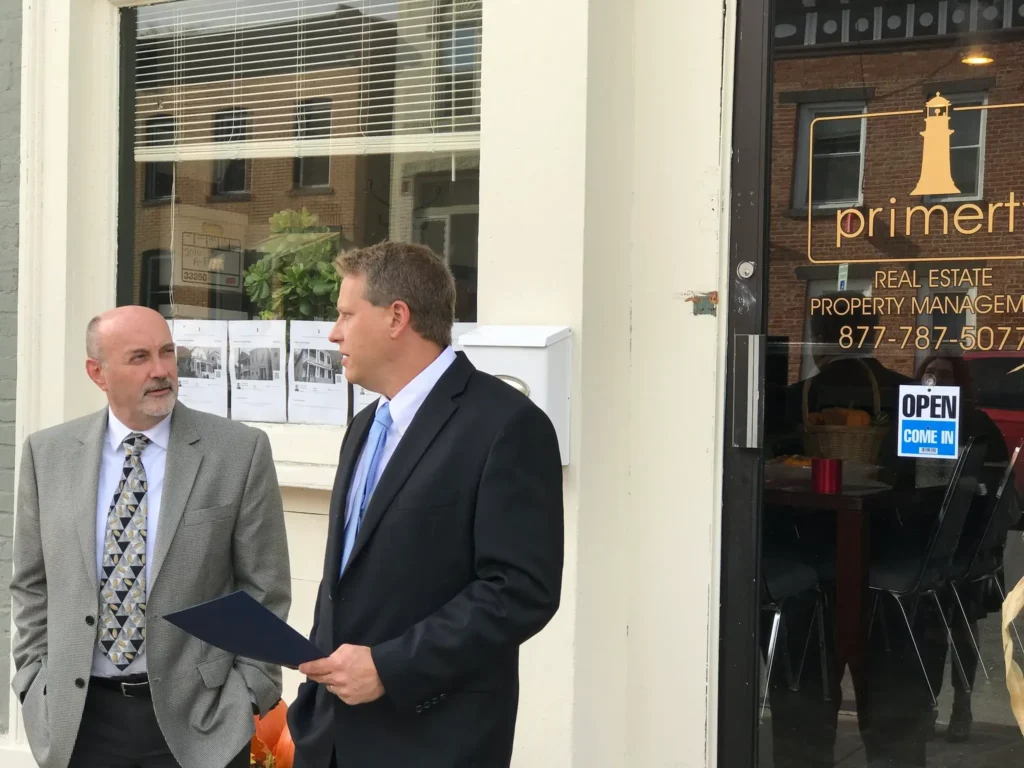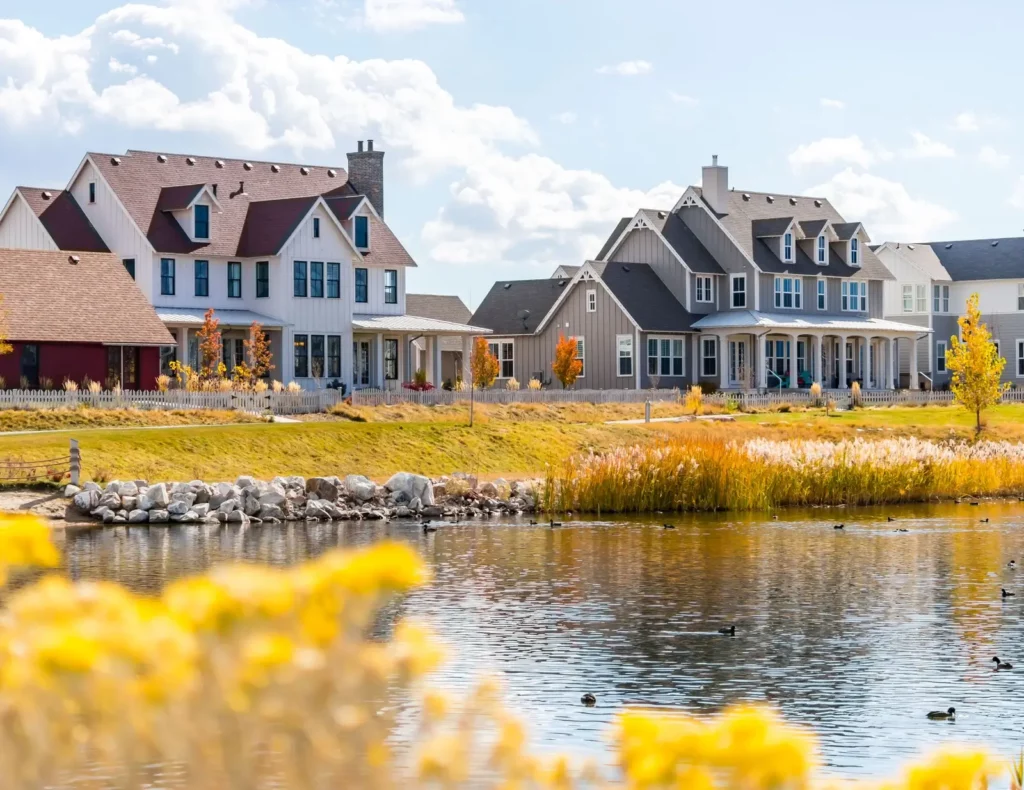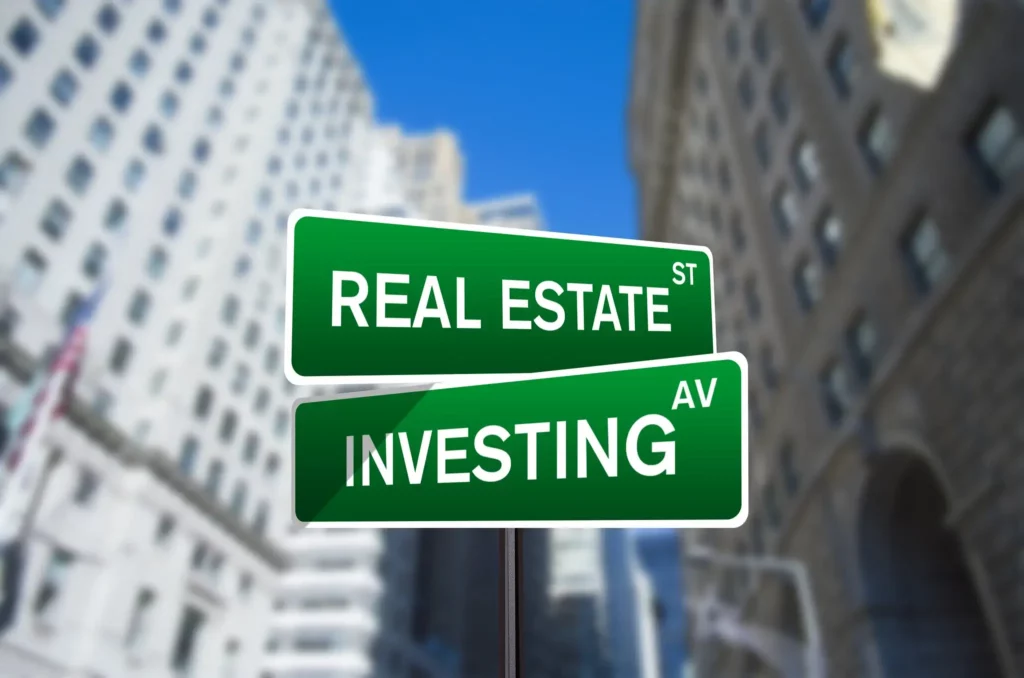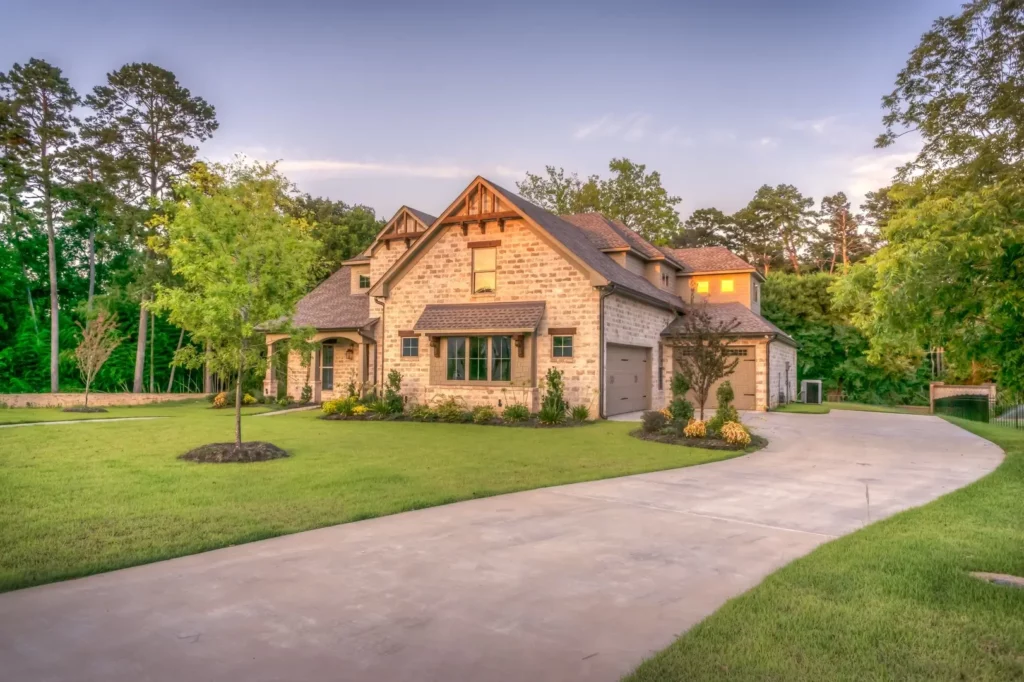In the fast-paced world of commercial real estate, the role of a property manager is both critical and complex. “The Commercial Property Manager ’s Playbook: Tactics for Success” is an essential resource for professionals seeking to navigate the intricacies of managing commercial properties effectively. This guide provides a strategic framework for maximizing property performance, enhancing tenant satisfaction, and achieving operational excellence. Whether you’re a seasoned manager or new to the field, this playbook offers practical insights and actionable strategies to elevate your management game and drive success in the competitive commercial property market.
Commercial property manager job description
A Commercial Property Manager is responsible for the daily operations of commercial properties, such as office buildings, shopping centers, and industrial parks. Their primary duties include managing tenants, handling maintenance and repairs, negotiating leases, and ensuring the financial performance of the property aligns with the owner’s objectives.
Key responsibilities of a Commercial Property Manager may include:
- Financial Management: Preparing budgets, managing expenses, and overseeing rent collection.
- Tenant Relations: Communicating with tenants, addressing their concerns, and maintaining high levels of satisfaction.
- Maintenance and Repairs: Ensuring the property is well-maintained, safe, and attractive.
- Lease Administration: Negotiating lease terms, renewals, and managing lease agreements.
- Marketing and Leasing: Promoting available spaces, attracting new tenants, and filling vacancies.
- Compliance: Adhering to all local, state, and federal regulations related to property management.
- Reporting: Providing regular reports on property performance to property owners or investors.
Commercial property manager salary
The average salary of a Commercial Property Manager in 2024 is approximately $69,144 per year in the United States. However, this can range from $49,000 to $97,000, depending on various factors such as experience, location, and additional skills. Other sources suggest a slightly higher average salary of around $71,703, with a typical range between $63,712 and $81,074. Salaries can vary widely based on the specific industry and regional cost of living. For more detailed information, you may want to consider factors like years of experience, certifications, and the size of the property managed.
How to become a Commercial property manager
To become a commercial property manager , you can follow these general steps:
- Education: Obtain the necessary education. While a high school diploma may suffice for smaller operations, a college degree is often preferred, particularly in business or finance. For managing large property portfolios, a Master in Business Administration may be required.
- Experience: Gain experience by starting with managing small properties or working for a company with a few buildings. Careers in real estate, building supervision, and facilities management can lead to property management roles.
- Certifications: Consider obtaining certifications from industry organization such as the Institute of Real Estate Management (IREM). Certifications like the Certified Property Manager (CPM) can enhance your qualifications and are often recognized as a mark of expertise in real estate management.
- Licensing: Many states require property managers to hold a real estate salesperson license, which involves passing a license exam and completing a certain number of hours of coursework.
- Skills: Develop essential skills such as excellent communication, time management, understanding of building codes and regulations, mechanical skills for repairs, and negotiation skills for leases and contracts.
- Job Outlook: The job outlook for property managers is projected to grow, which indicates a healthy demand for professionals in this field.
Property management duties and responsibilities
Property management duties and responsibilities encompass a wide range of tasks that ensure the smooth operations and maintenance of real estate properties. Here are some key duties and responsibilities of a commercial property manager :
- Managing Properties: Overseeing all aspects of assigned properties, including business planning to meet customers’ needs.
- Tenant Relations: Maintaining positive relationships with tenants, negotiating leases, and managing contracts with contractors.
- Financial Oversight: Collecting rent, handling operating expenses, and developing annual budgets by forecasting requirements and analyzing variances, data, and trends.
- Maintenance: Inspecting properties regularly and arranging necessary maintenance to meet standards.
- Marketing: Advertising vacant spaces, marketing properties, and attracting new tenants.
- Compliance: Ensuring adherence to state and national landlord-tenant laws and regulations.
- Reporting: Providing regular reports on financial performance and property conditions to property owners or investors.
These responsibilities require a property manager to have a strong understanding of property management financial aspects, excellent communication skills.
Conclusion
In conclusion, “The commercial property manager ’s Playbook: Tactics for Success” serves as a vital compass for navigating the complex terrain of commercial property management. It arms managers with the knowledge, strategies, and tools necessary to excel in this dynamic field. By embracing the principles outlined in this playbook, commercial property manager can ensure their properties not only meet but exceed the expectations of tenants and owners alike. As the commercial real estate landscape continues to evolve, those who adapt and implement these tactics will undoubtedly lead the way in shaping a successful and sustainable future for the industry.
Frequently Asked Questions
Q. What is the property management business?
A property management business is responsible for taking care of the daily operations of rental properties on behalf of property owners. This includes tasks such as collecting rent, handling maintenance, addressing tenant complaints, and ensuring that everything runs smoothly. Property management can involve residential, commercial, or vacation rentals, and may also include drafting tenant agreements and maintaining relationships with property owners.
Q. What is a property management system in simple words?A property management system (PMS) is a software application that helps businesses, particularly in the hospitality industry, manage their operations more efficiently. It automates tasks like guest bookings, maintenance, and financial transactions, making it easier to handle the day-to-day activities of properties such as hotels. Essentially, it’s a tool that streamlines various property-related tasks into one platform.







